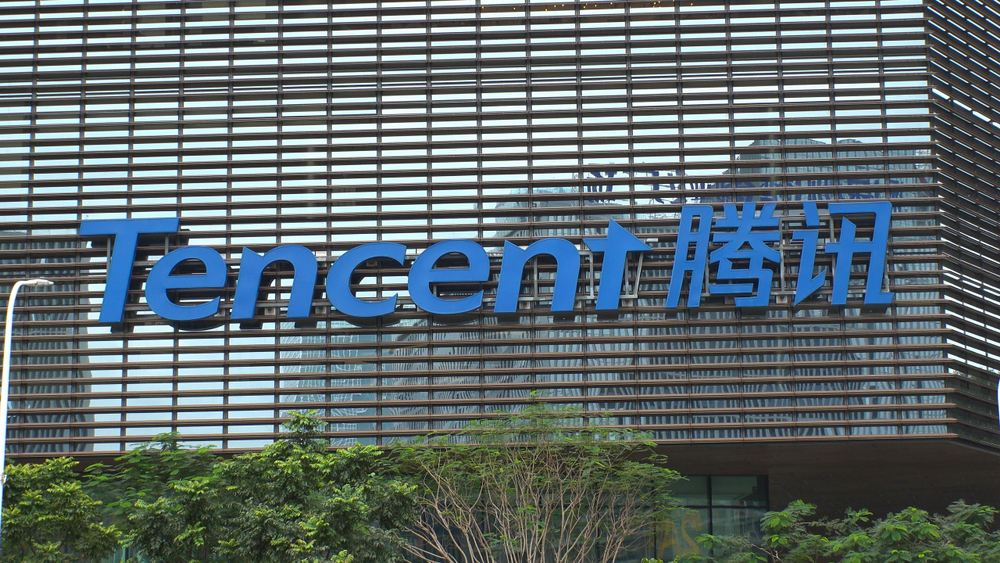Chinese internet giant Tencent reported on Wednesday that it made RMB 88.8 billion (USD 12.9 billion) in revenue in the second quarter of this year, up 21% year-on-year. The conglomerate collected RMB 24.7 billion in net profits, up 33% year-on-year.
Online games generated RMB 27.3 billion, increasing by 8% year-on-year and accounting for 30.7% of Tencent’s overall revenue.
Online advertising revenues were RMB 16.4 billion, up 16% year-on-year and accounting for 18.4% of revenue. The growth rate for this sector was dragged down by the macro environment and short video platforms’ popularity, said Tencent. The company predicts that the negative impact of the current business environment will persist in the second half of 2019.
Fintech and business services, including cloud computing services, collected RMB 22.9 billion in revenue, up 37% year-on-year and making up 25.8% of Tencent’s overall revenue.
Within fintech services, commercial payments grew rapidly in terms of users, merchants, transaction volume, and revenue, said Tencent. Licaitong, an asset management platform within WeChat Pay, grew its aggregated customer assets to over RMB 800 billion as of the end of the second quarter.
This indicates a trend where WeChat users are increasingly keeping their money within the payment system and will contribute to the vitality of its fintech business in the long run, said Tencent. In the short term, this brings down the frictional costs for users to use WeChat Pay, reducing the withdrawal fee revenue for Tencent but also trimming its expenses related to bank charges.
Yet the scale of Licaitong is still behind Ant Financial’s Yu’e Bao, which is within the Alipay platform and hosts various funds. Tianhong Yu’e Bao, one of the 20 funds on the Yu’e Bao platform, was managing assets worth RMB 1.13 trillion in April.
Both Yu’ebao and Licaitong allow its users to buy funds with at least RMB 1 and promises immediate withdrawal, attracting many to deposit small amounts of capital into these funds.
